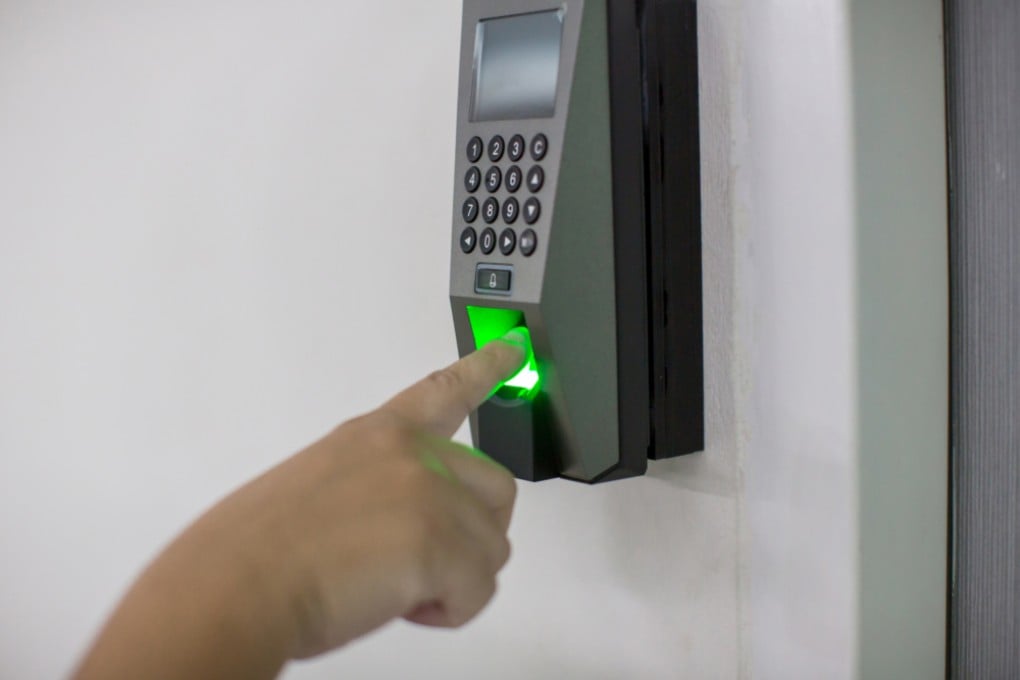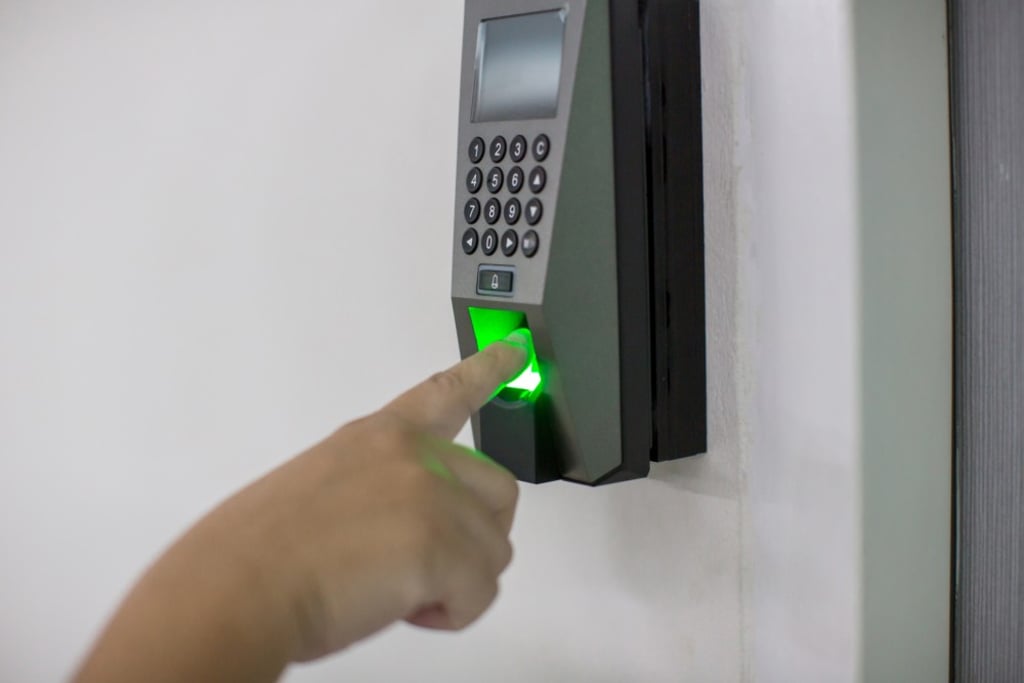Advertisement
Are smart locks safe? A Chinese report says not really
One fake fingerprint can open many doors
Reading Time:2 minutes
Why you can trust SCMP
0

This article originally appeared on ABACUS
Smart locks have been promising a future of convenience for years now. But if you’ve recently decided you’re ready to go keyless, you might want to reconsider.
Even as smart locks have increasingly been finding their way into our homes, a consumer association based in China has released a report that shows some smart locks might not keep the burglars away.
The report tested six types of weaknesses on 38 smart lock models, including ones from domestic Chinese brands and international brands like Samsung and Switzerland’s Dormakaba.
One of the biggest problems turned out to be one of the main features: Fingerprint recognition. Among 36 randomly chosen smart locks, fake fingerprints could be used to unlock 32 of them.

Among the locks that failed are brands that advertise the ability to differentiate between real and fake fingerprints, according to the Beijing-Tianjin-Hebei Consumer Association. The list included well-known brands such as appliance maker Haier and Qihoo 360, China’s biggest cybersecurity company. We reached out to Haier, TLC, Dormakaba and Qihoo -- all mentioned in the report -- and will update if we get a response.
Advertisement